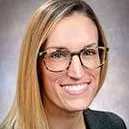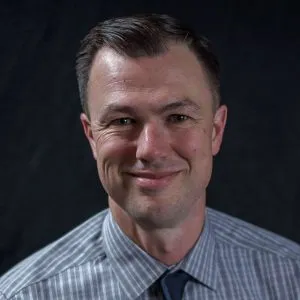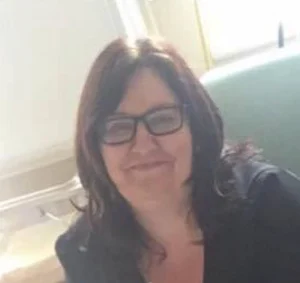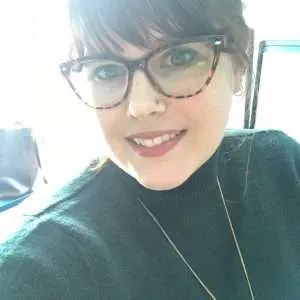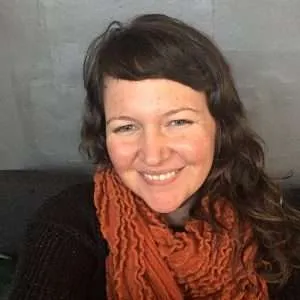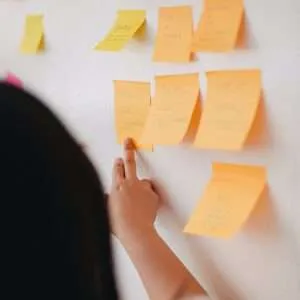Editorial Note:
This profile of Jillian Lain is presented as part of a larger project with the intentions of: 1) providing students with examples of applied sociology, 2) providing market value to sociological skills and services, and 3) promoting the work of individual sociological practitioners and organizations. You can find a directory of all profiles included in this project here.
Jillian Lain
Jillian Lain began her sociological training with earning a BA in Sociology, minoring in Youth & Child Programming and later graduating with her MA in Sociology. Since, she has “been working in nonprofit organizations for over 10 years. The basis of most of [her] work has been working with young adults in educational, and enrichment programs. The delivery methods all vary, from college prep programs, camps, and advocacy.” Jillian’s work offers “college and pre-college enrichment programs for students interested in health careers,” with a focus on “underprivileged, underserved, and disadvantaged students.”
When we asked Jillian how she established herself as a clinical sociologist, she told us:
I’ve mostly established myself as a clinical sociologist in the nonprofit world, but have grown my presence in the last couple of years in the academic world while trying to present at various conferences, and share my experiences in professional sociology settings.
Jillian also mentioned important skills organizations are looking for related to the work she does, which includes program creation, development, and implementation for high school and college students. Read the full interview with Jillian below and connect with her on Instagram!
Using Sociology in Practice with Jillian Lain
In general, how do you use sociology in practice?
I mostly practice sociology in working with individuals from different backgrounds than myself. Sociology has helped me understand how institutions, and society might impact different students in different ways based on their SES, race, gender, etc.
How do you use sociological research methods in practice?
I use most of my research methods training in creating measurable outcomes, and creating surveys/evaluations to measure these student outcomes.
Lessons for Future Practitioners
What types of courses should undergraduate students take in preparation for a career similar to yours?
- Research Methods
- Race Relations
- Gender Issues
- Issues of power and institutions
- Social problems
What types of experiences should undergraduate students seek in preparation for a career similar to yours?
- Volunteer experiences w/ people from diverse backgrounds
- Program coordination internships
- Volunteer management internships/volunteer roles
- Community organizing/engagement opportunities
What texts or authors can people reference to learn more about the work you do as an applied or clinical sociologist?
- Hood Feminism
- White Fragility
- Unequal Health
More generally, what are the best outlets to learn more about the work you do as an applied or clinical sociologist?
- Sociology associations/groups
- Sociology books
- Attend community events
What advice do you have for aspiring applied and clinical sociologists?
I would HIGHLY recommend that future applied sociologist get out into the field. Do internships, service learning, and get out into the communities you want to serve as much as possible. Not just to interact with people that are different than yourself, but to begin to understand how non profits function, and the types of soft and hard skills needed to work in programmatic roles.

